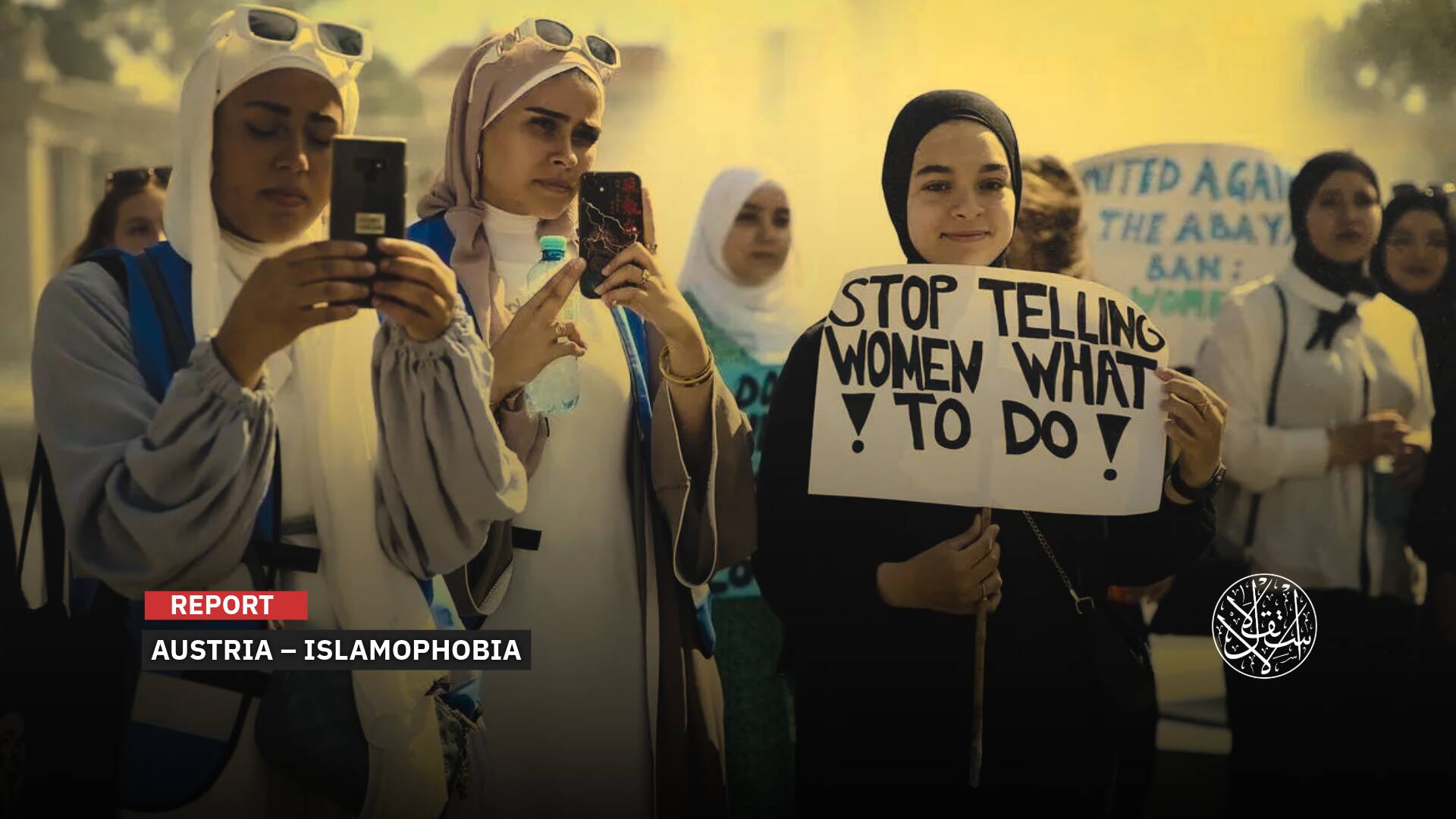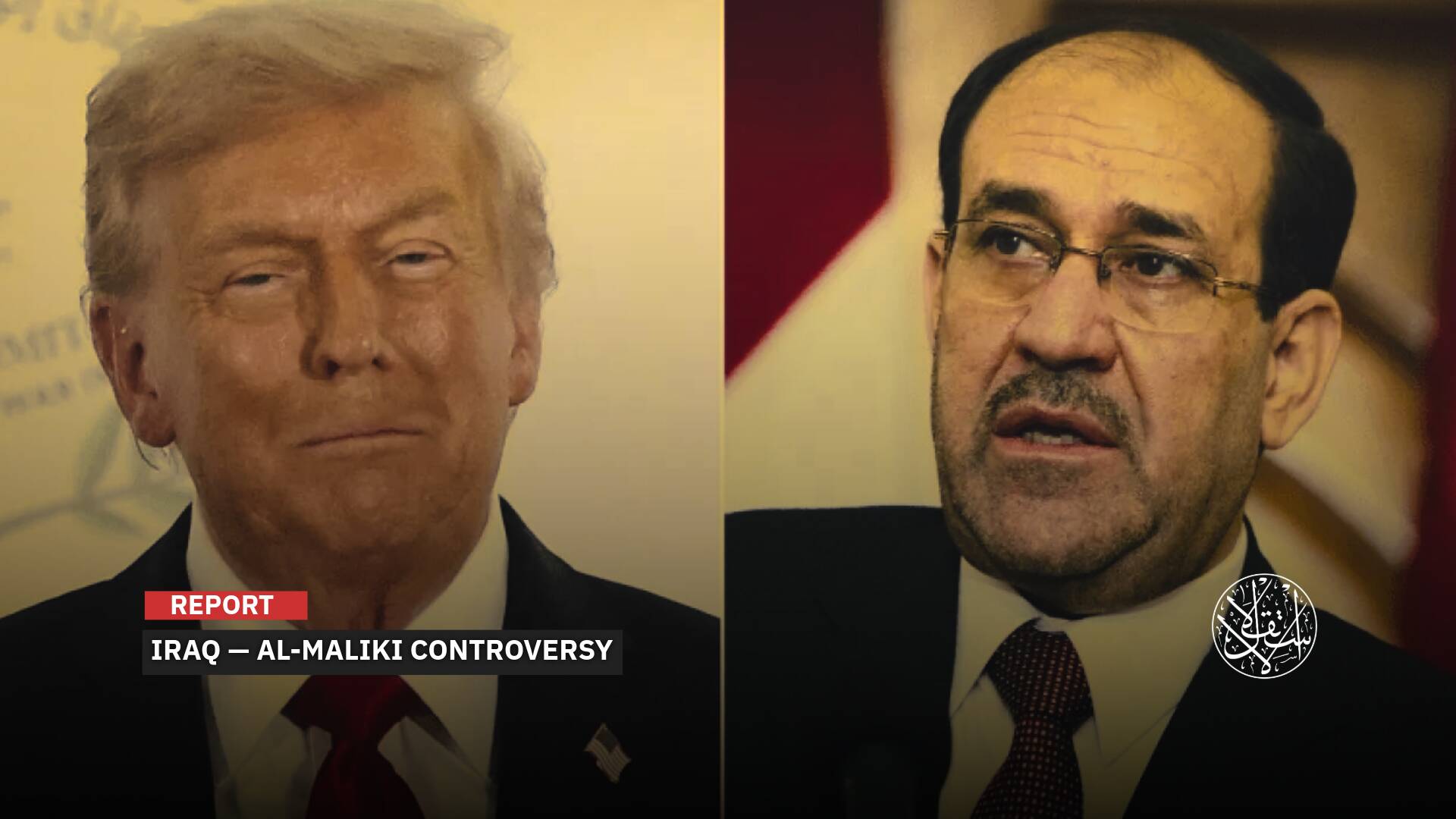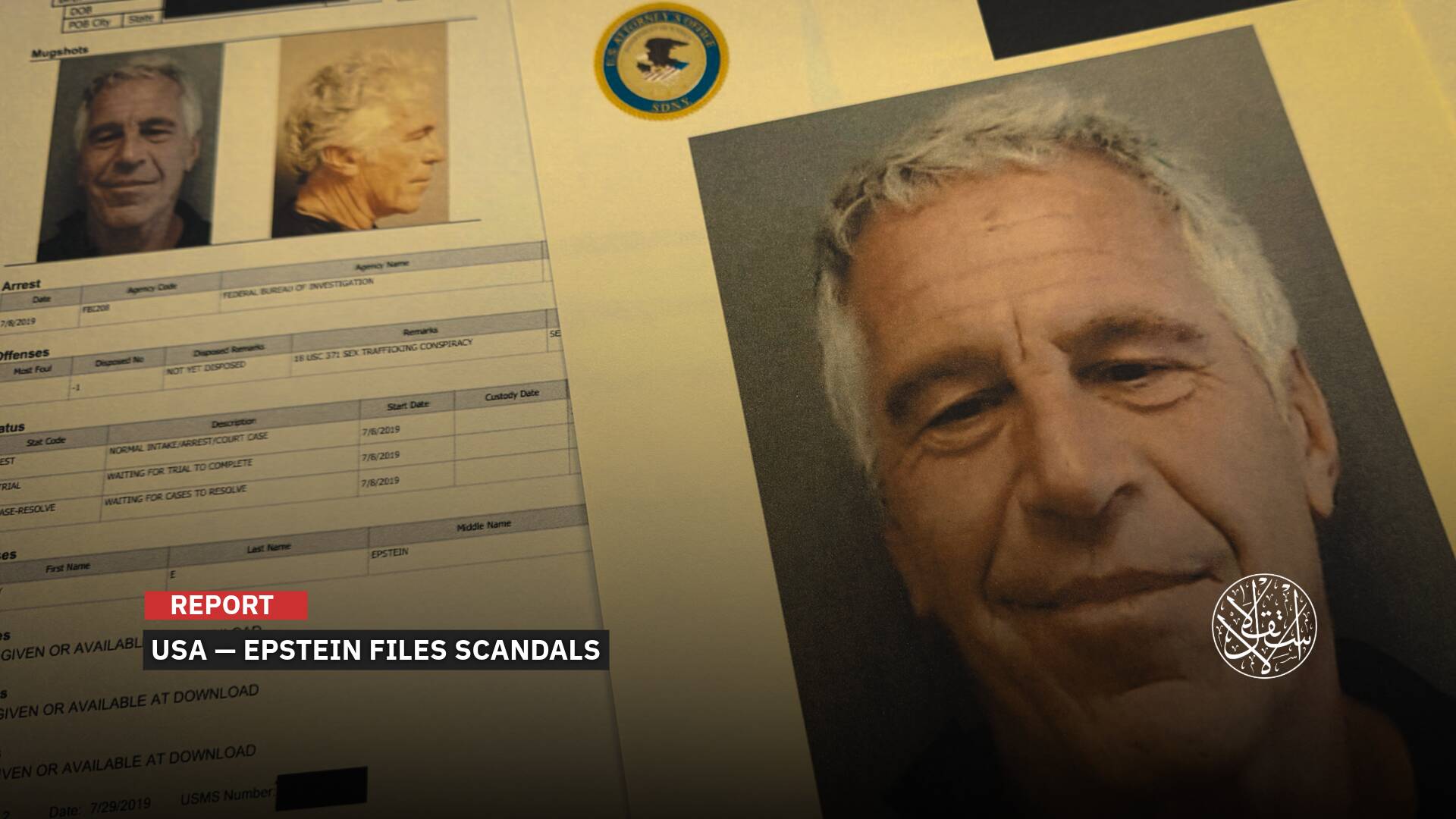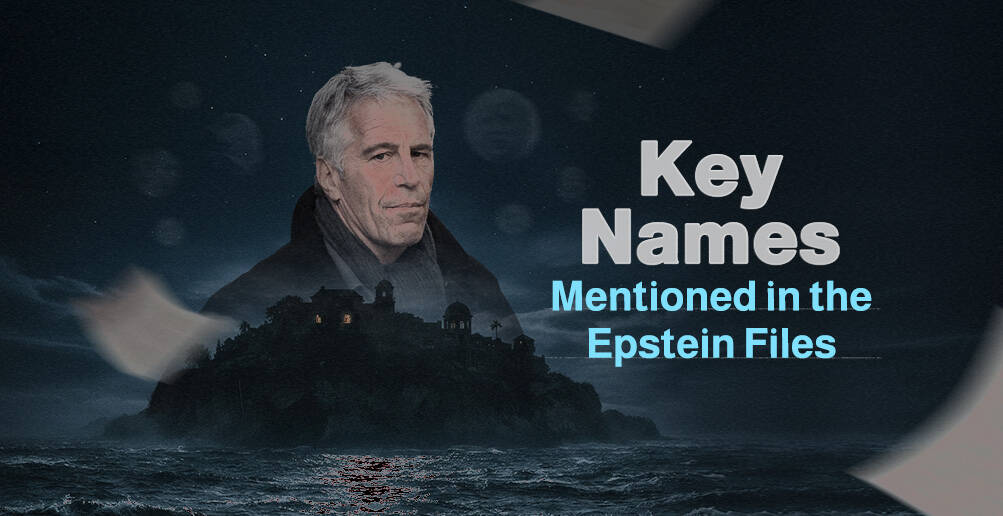Why Are the Shiites Not Seen as a Threat to France and Europe?

French officials do not stop astonishing Muslims with their controversial statements, the latest of which was the French Minister of the Interior, Gerald Darmanin, who said that Sunni Islamic terrorism is the most prominent threat to France and Europe.
Observers denounced Darmanin’s exclusion of Iran, the Lebanese Hezbollah, and the Yemeni Houthis from the category of extremism and terrorism, referring the reason for this, in their view, to France’s fear for its interests in the Middle East from Iranian anger.
Has the French minister become an advocate of Shiism in France to combat Sunni terrorism? Or did the Islamic separatist law fail to achieve its objectives in the way that the minister pushed an old tactic attributed to the American Rand Corporation by provoking conflict between Sunnis and Shiites in the hope of weakening the Muslim minority and besieging it socially and financially?
Darmanin also exceeded his powers as Minister of the Interior responsible for the internal public security of France, expressed his regret at the departure of the Americans from Afghanistan, and criticized France’s withdrawal from the African Sahel region.
A few days later, a new controversy erupted in France after it was revealed that the Ministry of the Interior had asked educational institutions in the country to conduct an assessment of the absenteeism rate recorded on the occasion of Eid al-Fitr, referring to Muslim students, in a move that sparked criticism from French officials and the denunciation of Muslim scholars’ organizations and institutions.
It is noteworthy that tension has prevailed in the relationship between the Muslim community in France and the state for years against the background of the authorities’ insistence on issuing legislation and decisions that would curtail the practice of Muslims, men and women, of their religion, such as banning wearing of the hijab.

French War on Islam
On May 19, 2023, the French Minister of Interior Gerald Darmanin said that Sunni Islamic terrorism is the most prominent threat to his country and Europe on the sidelines of a visit he is making to the United States to enhance security cooperation with Washington, especially before Paris hosts the 2024 Summer Olympics.
“We came to remind them that for the Europeans and for France, the first danger is Sunni Islamic terrorism, and anti-terrorism cooperation between the intelligence services is absolutely necessary,” Darmanin was quoted by AFP.
He continued, “While Americans may have a more patriotic view of crises such as white supremacy, mass shootings, and conspiracy, they should not forget what appears to us in Europe as the number one threat: Sunni terrorism.”
He expressed his regret at the US departure from Afghanistan and the French withdrawal from the African Sahel region, speaking about the re-formation of ISIS cells in Syria and Iraq, which makes these external threats, in light of the events to be organized by France, stations of great risks of terrorist attacks.
Thus, the French Minister of Interior follows his boss, Emmanuel Macron, who waged war on Islam when he declared in October 2021 that the Islamic religion is experiencing a global crisis and that France must combat Islamic separatism, promote secularism and consolidate the principles of the Republic.
Since then, campaigns to demonize Muslims have emerged, and hatred and violence against them have prevailed. Darmanin launched a campaign to close mosques in France under several pretexts, including the preacher’s extremism, terrorism, extremism, anti-Semitism, and other allegations.
In the last three years, France has closed several mosques in the country, in addition to charities and Islamic institutions, and has also passed a controversial law under the pretext of combating separatism, and its official name is “The Law Reinforcing Respect of the Principles of the Republic.”
On May 18, 2023, the French authorities confiscated 25 million euros from the Muslim Brotherhood’s funds, claiming that it was investigating cases of terrorism and extremism related to its activities.
France faces accusations from human rights activists and international organizations, including the United Nations, and Islamic preachers that it gives officials carte blanche to close places of worship without proper scrutiny.
Darmanin had previously admitted, in a tweet on his Twitter account in September 2022, that his war against what he called Islamic separatism is continuing at the behest of French President Emmanuel Macron.
Since assuming the Interior Portfolio in the summer of 2020, Gerald Darmanin has become the public face of the campaign of strict measures that stir up hostile feelings towards the Muslim community in France.

Advocate of Shiism
In response to the events, parliamentarians, diplomats, media professionals, and jurists criticized the statements of the French Minister of Interior, considering that they reflect his country’s prejudice against Muslims, while others indicated that terrorism is the source of Emmanuel Macron’s policies, according to what was reported by Al-Estiklal newspaper in a report on May 21, 2023.
Activists on Twitter also denounced Darmanin’s recent statements, expressing their dissatisfaction with Paris’ persistence in supporting Islamophobia and intimidation of Islam and making aggressive statements against Islam and Muslims.
They pointed out that France and Europe are the sources of terrorism and criminality, and history is a witness to this through their colonization of peoples, theft of their wealth, their racism, their double standards, and their export of hatred, noting a number of crimes committed by France in Algeria and the African continent in general, the effects of which are still to this day.
They called on the ruling regimes to take a stand in support of Islam and urged the people to continue boycotting French products as a chastisement to France for its insult to Islam and Sunni Muslims, noting that the French minister’s statements amount to recognition of its role in fueling sectarian conflicts and supporting Shiites.
Activists concluded that the classification of the French Interior Minister, moderate Islam, as the most prominent threat to his country and Europe means that the West is the most prominent supporter of Shiites, extremist groups, and others.
On his part, Hussein al-Rifai considered that Darmanin’s statement is an affirmation that the West is the first supporter of the Shiite religion, and for its sake, Iraq was occupied, Bashar al-Assad was kept in power, and Saudi Arabia was forced to make peace with Iran, adding that the United States is proceeding successfully in the plan to support the control of the Shiite minority in the Middle East.
Writer and journalist Dr. Ahmed Mowaffaq Zaidan said, “The French Minister of Interior’s statement is not new. The French occupier had long planted the criminal sectarian gang in Syria and abandoned those who contributed to the overthrow of the Ottoman caliphate, as they did not accept that King Faisal ruled Syria for more than two years, and in 1979 it brought the malicious Khomeini from Paris to power in Iran.”
In turn, Mahran Homsi, a Syrian journalist residing in France, said in a statement to Al-Estiklal: “It is surprising and disapproving that Darmanin declared explicitly that what he called Sunni terrorism is the number one enemy of his country and Europe, without referring to Russia, which ignited the war in Ukraine and is chasing France in Africa, or China, which seeks to overturn Western supremacy, or the far-right, which undermines societal peace in the West in general.”
“This statement indicates that the West is the one who supports the Shiites to replace them in the Sunni areas, and it is the one who allowed the killing of millions of Sunnis in Iraq, Syria, Lebanon, and Yemen, stressing that Shiism is a European industry par excellence,” he added.
Mr. Homsi also explained that the passing of Darmanin’s controversial statements without any apology from the Prime Minister or the French President means that the position of Emmanuel Macron and Elizabeth Bourne is consistent with what Darmanin said, accusing nearly 1.5 billion Muslims of terrorism and adopting anti-Arab and anti-Muslim tactics.

Religious Discrimination
In a related context, last week, a widespread controversy erupted in France, the repercussions of which continue to this day, after the French Ministry of the Interior asked some educational institutions to conduct an assessment on the number of students absent during the recent Muslim festival of Eid, in a move that sparked criticism amid demands for clarification.
At the Toulouse Academy (southwest), the police asked the heads of educational departments via e-mail to inform them of the number of students who were absent during Eid al-Fitr.
Union officials and politicians expressed their concern about this initiative by the police, considering that the French Interior Ministry’s demand is unconstitutional and based on discrimination between students on religious and ethnic grounds.
The incident sparked angry reactions, most notably from the former Secretary-General of the Republican Party, Jean-Christophe Cambadelis, who described the matter as a scandal, warning against preparing personal files in the French Ministry of Interior on religious grounds, according to AFP.
In a statement, the International Muslim Scholar Body denounced the provocative statements issued by Gerald Darmanin, noting that it is a failed attempt to besiege the growing Islamic presence socially and culturally in France and in other Western countries.
On its part, the Federation of Mosques in France called for an appropriate investigation, stressing that families must be properly informed and reassured of what will happen with information provided by some heads of educational institutions who, unfortunately, responded to the police’s request.
Human rights group SOS Racisme criticized the government’s request, saying it amounted to a census on faith, which would be illegal under France’s secularism laws.
“For which other religious holidays does the Ministry of the Interior request an assessment of the absenteeism rate?” it wrote on Twitter.

On the other hand, the French government tried to mitigate the controversy sparked by the incident, noting that it was a matter of conducting a study to measure the impact of some religions on absenteeism on the occasion of Eid al-Fitr on April 21, said Sonia Backes, Secretary of State for Citizenship.
However, those angry at this measure were not convinced by this justification, amid a rising wave of suspicion that the next situation will worsen and that Macron’s policy to confront Islamic extremism is taking on other dimensions.
Although France is a secular country, six of the 12 national holidays are Catholic calendar events, while the other six have no religious significance.
France’s fragile relationship with its Muslim community, which stands at more than 5 million people, has been tested in recent years after President Emmanuel Macron introduced a series of controversial laws, including the anti-separatism law and imam charter.
Sources
- Demands for the rulers to respond... The French Interior Minister's abuse of Sunni Islam is causing anger [Arabic]
- In Montpellier and Toulouse, the teaching staff invited to identify the students absent on the day of the Eid al-Fitr [French]
- France: Outrage after schools asked to provide numbers on Eid absences
- Statement of international Muslim Scholar Body on the hostile statements of the French Minister










